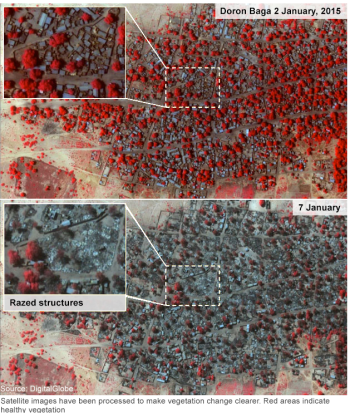Mapping the Berkeley Boom: Social Media and Mapping Help Unravel a Mystery
/Last night we heard the Berkeley Boom again. We’ve been hearing this thunderous boom quite frequently in the last month here in Berkeley, but this one sounded bigger than most. Car alarms went off on the street. The dog jumped. “What IS that?” I wondered aloud. With a quick search on the internet I found that that the Berkeley Boom is a phenomena whose Twitter reports are being actively mapped. While Berkeley police and residents still have no idea what the mystery boom is, through the combined powers of social media and mapping we are gathering an understanding of where it is happening. As Berkeley residents continue reporting the boom (#BerkeleyBoom), perhaps we’ll get to the bottom of this, the newest of Berkeley’s many mysteries.
For more on the Berkeley Boom see the Berkeleyside article: http://www.berkeleyside.com/2015/03/31/the-unsolved-mystery-of-the-berkeley-boom/
Map from Berkeleyside Article:

